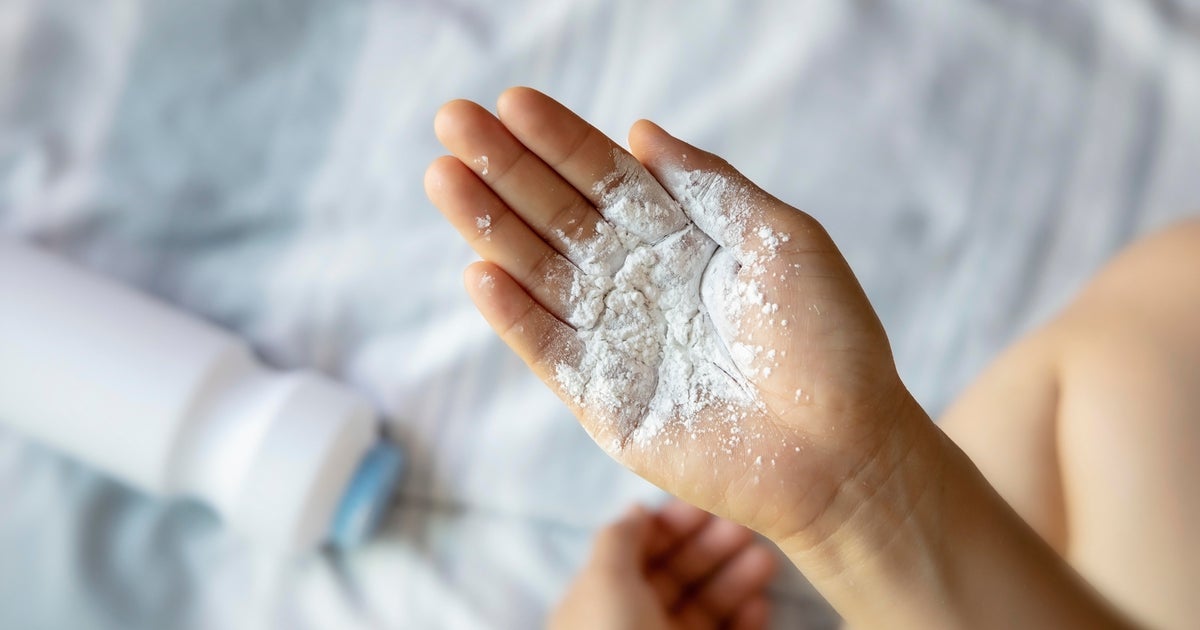"Sesame Street" addresses opioid crisis as Muppet's mother battles addiction
"Sesame Street" is teaching kids how to talk about an especially difficult topic — the opioid crisis. In a series of new segments, Muppet Karli reveals she's been living in foster care because her mother is battling addiction.
Karli, a six-year-old yellow-haired Muppet introduced in May, lives with her foster parents, Dalia and Clem. She will tell her backstory in online-only segments as part of the "Sesame Street in Communities" initiative, Sesame Workshop announced Wednesday.
"In new videos and other content, favorite 'Sesame Street' characters like Elmo and Abby Cadabby learn what Karli is going through and help their friend to cope," Sesame Workshop said in a press release.
In one video, Karli tells Elmo that her mom attends meetings every day to stay healthy and she goes to meetings with other kids to share her own experience.
According to Sesame Workshop, 5.7 million children under the age of 11 in the U.S. live with a parent battling a substance abuse disorder. That's one in eight kids and doesn't include children who have been separated from a parent due to circumstances like divorce, incarceration or death related to their addiction.
"Addiction is often seen as a 'grown-up' issue, but it impacts children in ways that aren't always visible," said Sherrie Westin, President of Social Impact and Philanthropy at Sesame Workshop. "Having a parent battling addiction can be one of the most isolating and stressful situations young children and their families face."
"'Sesame Street' has always been a source of comfort to children during the toughest of times, and our new resources are designed to break down the stigma of parental addiction and help families build hope for the future."
The upcoming bilingual segments will also feature 10-year-old Salia Woodbury, whose parents have been in recovery for about eight years.
"Hi, it's me, Karli. I'm here with my friend Salia. Both of our parents have had the same problem — addiction," Karli told the camera, according to The Associated Press.
"My mom was having a hard time with addiction and I felt like my family was the only one going through it. But now I've met so many other kids like us. It makes me feel like we're not alone," Karli said.
"Right, we're not alone," Salia responded. "And it's OK to open up to people about our feelings."
According to AP, the duo offers ways to cope with their feelings, including art and breathing exercises.
"For everything we've done — from military families to homelessness — it's all about how to make children free to talk and to give parents the tools to do just that," Westin said. "They tend to avoid it and it's what they need more than anything."




